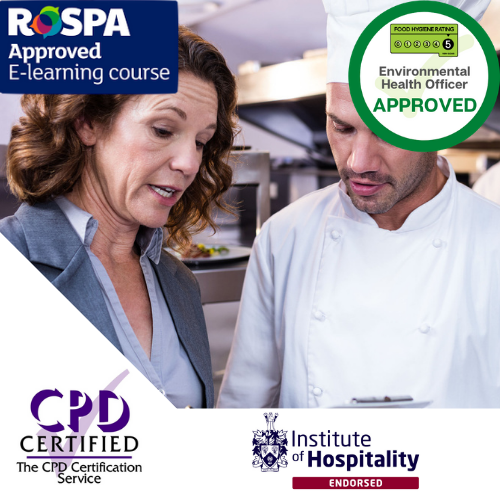Are you passionate about food science and technology? Do you aspire to become a certified food technologist? If so, you’ve come to the right place. We will walk you through the steps to becoming a certified food technologist.
Who is a Food Technologist?
Food technologists play a crucial role in ensuring food products’ safety, quality, and nutritional value in the Food and Beverage Industry. Becoming a certified food technologist opens up exciting career opportunities in the food industry. This article will explore the steps to becoming an accredited or certified food technologist; the benefits of certification, and the various certification options available.
Food Technologist Certifications
There are several certifications available for food technologists:
- Certified Food Scientist (CFS)
Earning the Certified Food Scientist (CFS) credential signifies your dedication to professional growth and excellence in the field of food science. This certification demonstrates to employers that you possess a deep understanding of the multidisciplinary aspects of food science and possess the practical skills necessary to tackle complex issues. Pursuing a CFS also reflects your commitment to lifelong learning and staying abreast of the latest advancements in food science.
- Certified Professional Food Manager (CPFM)
Professional Food Manager Certificate certified by National Environmental Health Association.
Educational Requirements
To become a certified food technologist, possess a bachelor’s degree in food science, food technology, or a related field. These programs typically include chemistry, food microbiology, food safety and food engineering. Most certification programs require a bachelor’s degree in food science, food technology, or a related field.
Professional Experience: Candidates must typically have relevant work experience in the food industry, ranging from one to five years, depending on the certification.
Passing the Certification Exam: Applicants must pass a rigorous examination covering various aspects of food science and technology.
Top Certifying Bodies
Some of the top certifying bodies for food technologists include the Institute of Food Technologists (IFT), the American Society for Nutrition (ASN), and the National Environmental Health Association (NEHA).
Internships in Food Industry
In addition to the education, gain practical experience in the field of food technology. This can be achieved through internships, co-op programs, or entry-level positions in food manufacturing companies.
During your training, learn about food processing techniques, quality control measures, and food safety regulations. Also, gain hands-on experience working with food processing equipment
Roles of Food Technologist
- Developing new products which are relevant to the commercial markets. Gaining new ideas to formulate food products based on the Company’s demand.
- Assuring Food Safety to the Products in the Food Industry.
- Setting standards for Food Processing.













